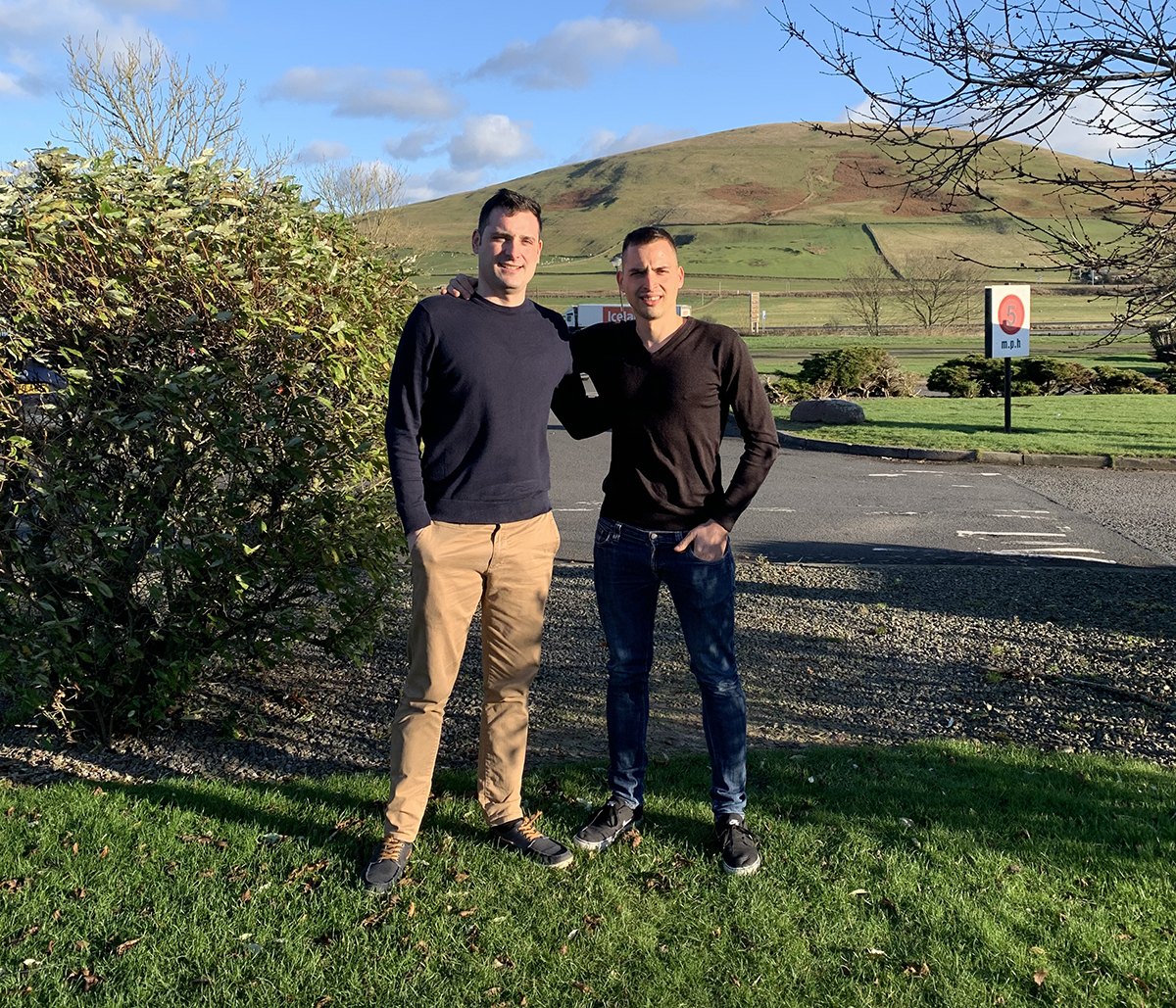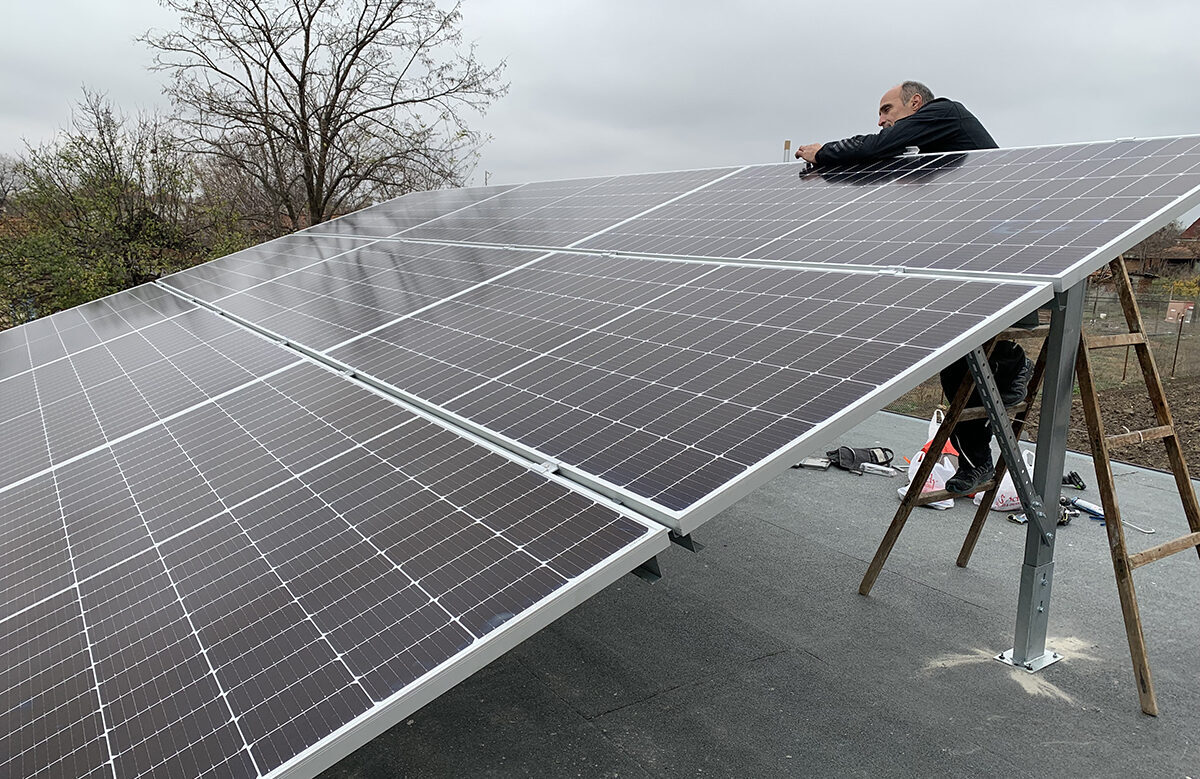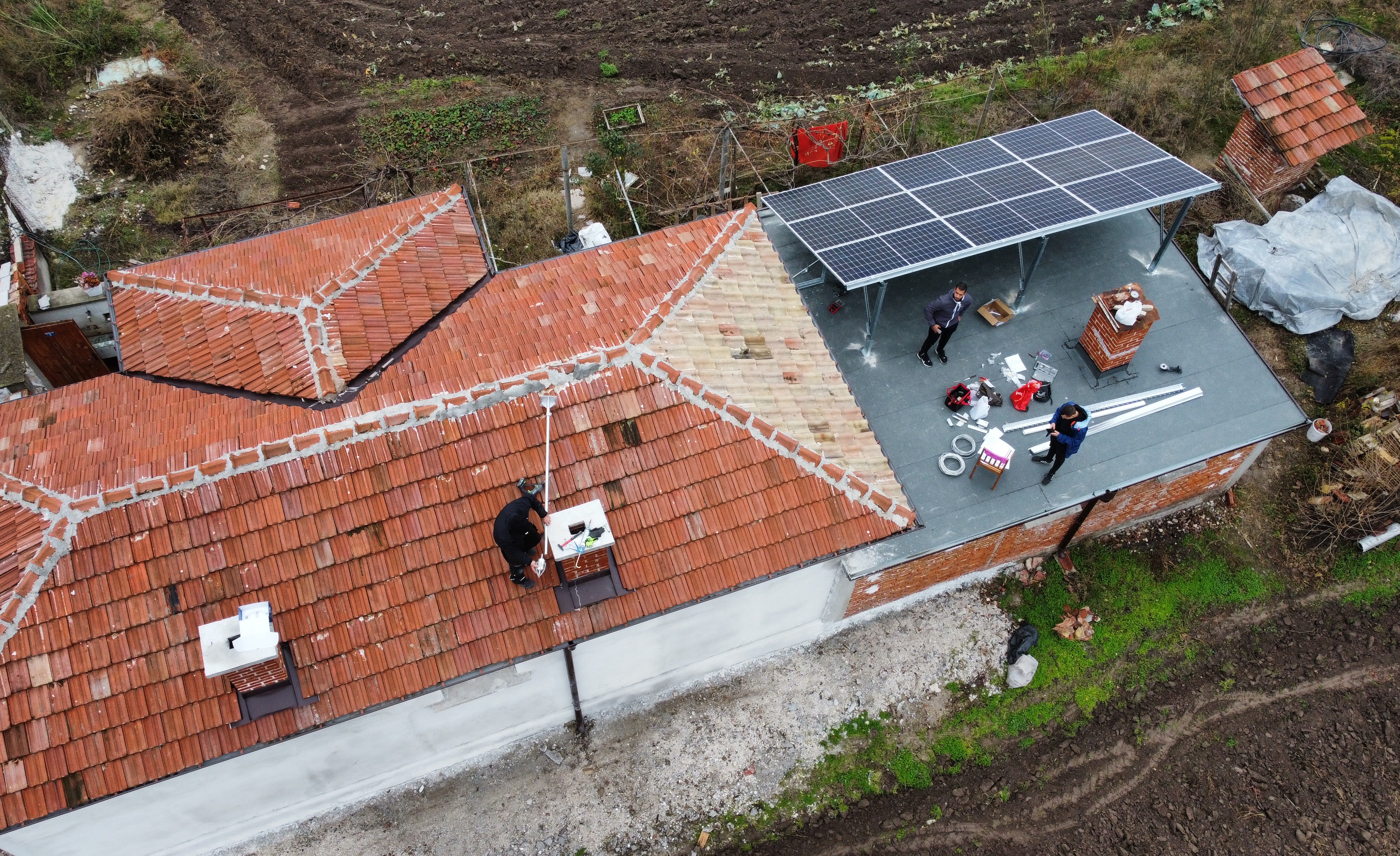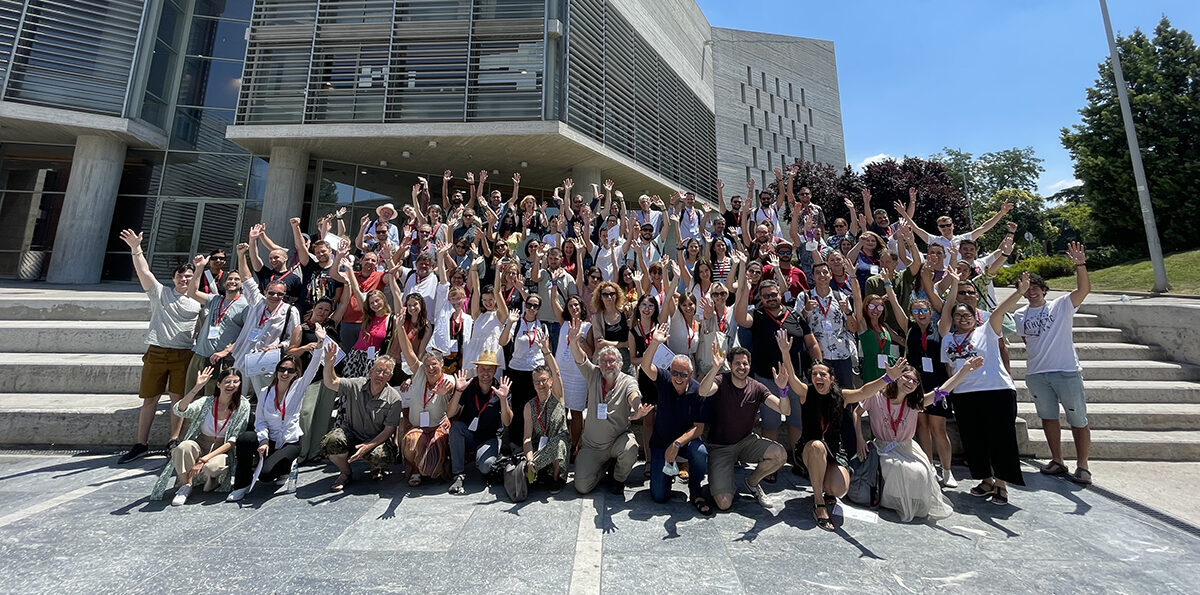Stories
June success story: Pioneering community energy in Bulgaria
Community energy is key to action on the climate crisis. It can empower people, boost local economies, and reinvigorate communities. Community-led initiatives play an important part in the transition towards a 100% renewable and just energy future. Success stories of community energy projects can be found all over Europe. At REScoop.eu we want to highlight these stories to further accelerate the movement towards a cleaner and democratic system.
This month we travel to Plovdiv, Bulgaria, where the country’s first energy community, Izgrei BG, has been established. We had the opportunity to talk with its founders and discover their journey as pioneers of community energy in Bulgaria.
Taking a leap into the dark
In late 2022, Tsvetan Georgiev and Mihail Georgiev established Izgrei BG, defying the absence of existing initiatives in the country and the lack of a legal framework for community energy in Bulgaria. Their persistence and creativity allowed these two young Bulgarians to overcome these obstacles and launch their project.
Izgrei BG’s initial endeavour involves a 4kW solar PV installation in Belozem, a village blessed with ample sunlight throughout the year. Tsvetan explains that the village’s frequent power outrages sparked the creation of the energy community.
“The water pumps in our area rely on electricity, so when the power goes out, the water supply is disrupted. After conducting extensive research and observing similar initiatives in Western Europe, we discovered the potential of energy communities in addressing such challenges. Thus, we decided to go for it. Once the solar installation is completed with an energy storage battery, the system will ensure an independent supply of electricity, enabling a continuous water flow even when the traditional energy supply is interrupted.”

Generating electricity and advocacy efforts
The solar panels have already been installed in Belozem and currently provide electricity to the residential building. However, Izgrei BG is awaiting inspection from the distribution system operator to authorise the connection to the grid, enabling them to sell the excess electricity and supply the water pumps. Once revenues begin to flow, the energy community members will collectively determine how to allocate the funds, like directing them toward funding a new installation.
In addition to their energy production activities, Tsvetan and Mihail, actively advocate for community energy. They disseminate information on the topic through conferences, local gatherings with citizens, online sessions, and more. In this regard, Tsvetan emphasizes that one of Izgrei BG's objectives is to inspire others and demonstrate the feasibility of community energy in Bulgaria.
“We truly hope that other people will follow in our footsteps. Cooperatives are not a new concept to Bulgarians, but many people associate them with the agrarian cooperatives that forcefully confiscated land and equipment during communism. Energy communities in Bulgaria present an opportunity to showcase the true principles and benefits of cooperatives.”

Unleashing imagination
While Izgrei BG adheres to the seven cooperative principles, it cannot officially register as an energy cooperative or an energy community due to the absence of recognition in Bulgarian legislation. "Creating something that does not yet exist is far from easy; it demands a great deal of imagination," remarks Tsvetan.
Izgrei’s promoters managed to self-finance the project in Belozem, but despite a lot of reading and research, Tsvetan and Mihail encountered challenges in finding official guidelines for registration. They sought answers through solar project Facebook groups in Bulgaria, where they found some support to navigate the complex administrative processes. Tsvetan cautions: "Unless the legal landscape improves and many of these obstacles are removed, most citizens will just give up before even starting”.

For the installation of the PV panels, they relied on support from family, friends and neighbours. For instance, to reduce costs as much as possible, instead of hiring an installation company a friend constructed the metal framework for the PV panels, and they utilised his road assistance truck to transport the components from the factory to the site. In the absence of local or national support, they sought technical assistance from the European Commission's Energy Communities Repository, which aided in completing the installation.
Despite the challenges faced, Tsvetan remains optimistic about the future.
“We see conversations shifting from questioning the possibility of community energy in Bulgaria to discussing project development and how to involve more individuals, organizations, and municipalities. On the policy front, positive developments are underway, as the transposition of EU directives for energy communities is expected this year, which will establish them as a recognised legal form. From there, our goal is to expand Izgrei BG by attracting new members and undertaking new projects.”
Inspiration from other Balkan countries
Bulgaria is not the only country where community energy pioneers are breaking down barriers and paving the way for more citizen-led initiatives in regions with little tradition. Tsvetan drew inspiration from neighbouring countries such as Greece, Romania, Serbia, and Albania during the summer school ‘The citizen energy movement in the Balkans’ organised last summer by the EUCENA and Compile projects. “In those countries, projects have been successfully completed against all odds, motivating us to not give up because in some cases, it is even more challenging than in Bulgaria to complete a project and connect to the grid.”

Tsvetan also attended REScoop.eu’s Community Energy Spring Gathering in May this year, where he exchanged experiences with other community energy practitioners in the Balkans, reinforcing his belief in the power of community energy.
“In the current geopolitical landscape, we will need local citizens to build a more sustainable energy system together. Energy communities will play a vital role as a force for good in the coming years and decades, with citizens increasingly embracing cooperation.”